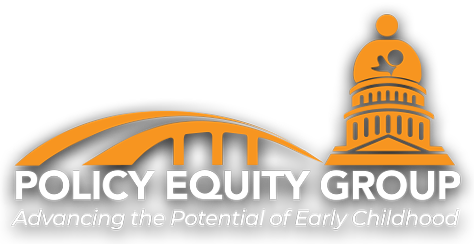Who We Are
Perhaps the best advice we received when starting our organization was: “You have to know your why.” Everyone should have a core story that drives them. We wanted to share ours.
Emily Schroeder
I lived in two different neighborhoods while growing up—one in Pittsburgh, and the other in Connecticut. My childhood was a natural experiment to the opportunities and resources I could have based in part on my family’s location, and how this would impact my future. The truth was, as my parents saw then and as I recognized later, these two locations did not provide equal opportunities. As I became immersed in the world of education policy, I was required to consider the importance of location—specifically zip codes—in influencing one’s outcome. I learned how opportunity structures exist in the form of housing regulations, policing and prison systems, food access, education, and more, to construct the prosperity of a neighborhood, often along racial and economic lines. My parents had the privilege to move so that I could be in a strong public education system, but this was not an opportunity available to everyone, everywhere.

From these reflections, I found myself drawn to the interdisciplinary study of education and neuroscience at Trinity College, and specifically to the field of early childhood. Though the neuroscience research is clear that a crucial period of brain development occurs from birth to five, high-quality education and care settings for our youngest children are still widely viewed to be a privilege allotted to a few rather than a right. This contradictory ideology drives my interest in early childhood. Without starting at the beginning and supporting families and their communities with the tools to help children grow, can we ever expect equitable outcomes?
During my undergraduate career, I developed an appreciation for community partnerships in fostering relationships, conducting research, and stimulating community-led change. I interned with the Connecticut Early Childhood Alliance and worked extensively on the Child Care and Development Fund, child care subsidy regulations, and other early childhood legislative issues. I later extended this partnership and worked with the Center for Hartford Engagement and Research to explore the child care challenges faced by community college students who are caregivers to young children.
I am now a Director of Research at the Policy Equity Group, where I am able to leverage the collective opportunities of my privilege to bring about meaningful change for children, families, and ECE educators.

